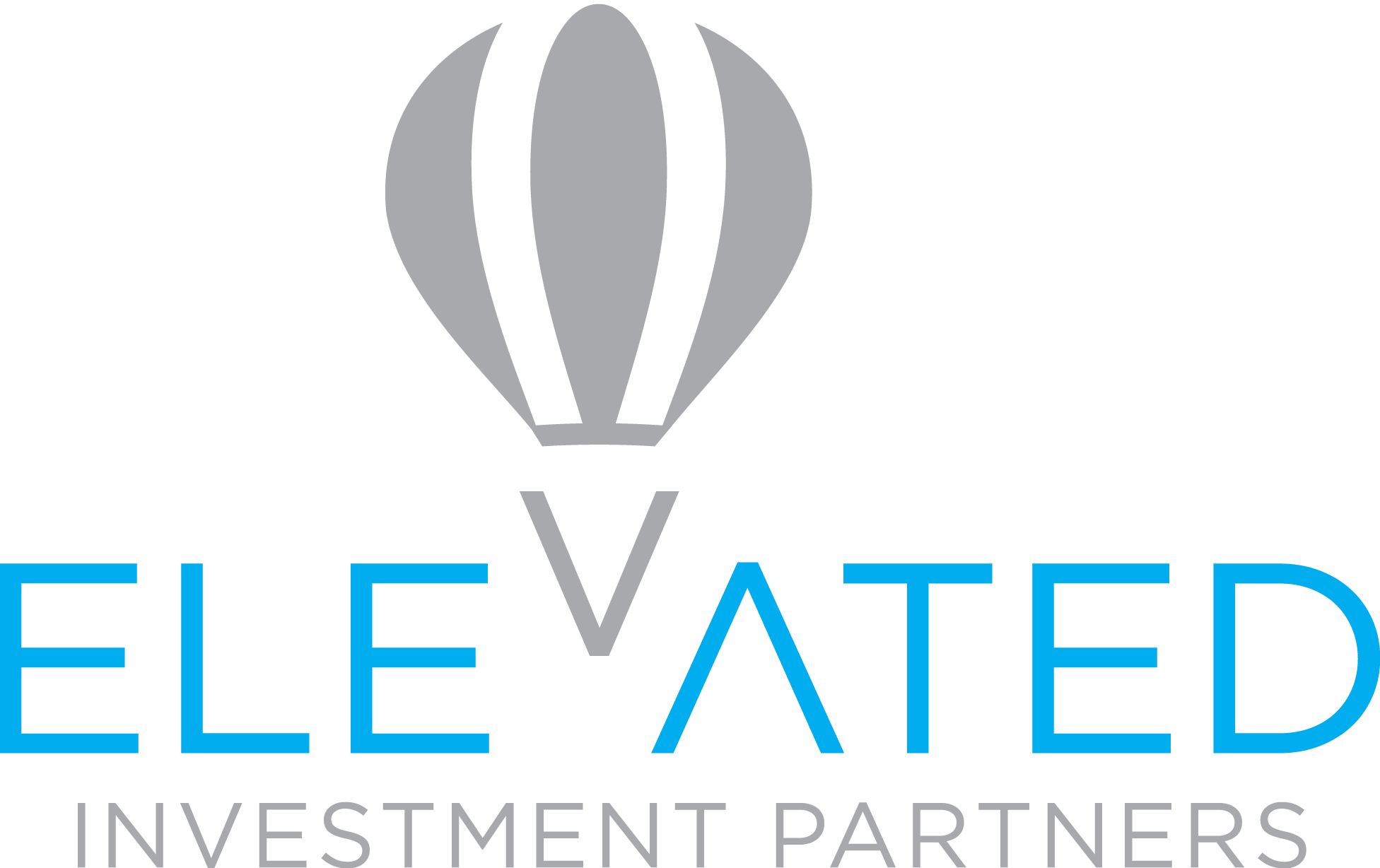Is there anything your 401(k) plan can’t do? It allows for tax-deferred earnings in traditional accounts and tax-free earnings in Roth-style accounts. And traditional plans enable you to make contributions in pretax dollars, helping to reduce your taxable income. It even offers a menu of professionally managed investments from which to choose.

But there may be another feature of your 401(k) (or a similar retirement plan) that you haven’t considered: You may actually be able to borrow money from your account.
Read the Rules First
The IRS currently allows you to borrow up to 50% of the total vested assets in your account, up to a maximum of $50,000. There may be loan minimums and certain other restrictions, depending on your plan’s specific loan availability calculations.
Here’s how a 401(k) loan works: The 401(k) sponsor (your employer) sells a portion of the plan investments from your account equal in value to the loan amount. If your 401(k) account is invested 70% in a stock mutual fund and 30% in a fixed-income mutual fund, the assets will be sold in the same proportions. The loan payments you make will be reinvested in whatever your then-current allocations are.
Money borrowed for other purposes, such as a new automobile, must generally be repaid within five years. However, you may be able to repay a loan taken to purchase a primary residence over a longer period. Specific terms of the loan — frequency of payments and the interest rate — will be determined by your company, which may allow you to make payments on a loan through payroll deduction. IRS rules require payments to be made at least quarterly.
| Check the Rules Before You Borrow |
|
Weigh the Pros …
For some, the primary attraction of a 401(k) loan is the simplicity and privacy not generally associated with a bank or finance company. And unlike banks and other sources of loans, there is no need to fear being turned down for the money when borrowing from a 401(k) plan.
Another benefit may be competitive interest rates, which are generally tied to the prime rate. This interest is not tax deductible, however, and may actually “cost” you more than some other types of financing, such as a home equity loan which may allow you to deduct interest. The interest you pay on a plan loan goes directly into your 401(k) account and can then continue to grow tax deferred or tax free for your long-term needs.
… And Cons
While these advantages may make a retirement plan loan appealing, there are several other points you should consider. First, if you are separated from the company through which you took the loan before you fully repay the money, you may be required to pay the balance within 30 days or pay federal income taxes on it. You could also be charged a 10% early withdrawal penalty by the IRS.
Second, be aware of the potential “opportunity cost” of borrowing from a 401(k) plan — the cost of any potential return you’ll miss out on if the interest rate on the loan is lower than the account’s rate of return. For instance, if you borrow money from an account earning 10% and you pay 7% interest on the loan, you miss out on a potential 3% return on the balance of the loan. Over time, the missed earnings can add up and result in a lower balance in retirement savings. Also, keep in mind that returns in stock and bond markets are not constant — the average return is often earned in a few market surges occurring over a few days or weeks. If your plan money is out of the market when those surges occur, your opportunity cost could be much higher than you expected.
Also take note of any fees charged for retirement plan loans by your company. Finally, some companies set deadlines for applying for loans and may take up to two months to process the application.
Make the Most of Your Retirement Plan
The primary reason to invest in an employer-sponsored qualified retirement plan, such as a 401(k) plan, is to pursue your long-term financial goals. Remember, the earlier you invest and the longer you stay invested, the more you’ll potentially benefit from tax-deferred or tax-free compounding.
But if you’ve accumulated assets in your account and you’re in need of a loan, a retirement plan could be a source of funds.
